
Vehicles are produced at a new plant at BMW's production base in Shenyang, Liaoning province. [Photo/Xinhua]
Huge investments
Lai Suetyi, associate professor at the Center for European Studies at Guangdong University of Foreign Studies, said she is neither optimistic given the return of geopolitics, nor pessimistic about Sino-EU economic ties, especially with Germany.
"Recent new investments to China from companies such as BASF and Volkswagen were huge, meaning they have long-term plans to do business in China and to see a profitable Chinese market," she said.
In September, BASF opened a factory as part of its investment of up to 10 billion euros ($10.34 billion) by 2030 in Zhanjiang, Guangdong province, to produce engineering plastic compounds for customers in the automotive and electronics industries.
BASF board chairman Martin Brudermuller said: "It's an exciting start to our Zhanjiang Verbund site. Inauguration of the first plant paves the way for the site. Upon completion, it will be our third-largest Verbund site globally and a role model for sustainable production in China and around the world."
Verbund refers to BASF's chemical production sites that have highly interlinked product flows.
This year, BMW took an additional 25 percent stake in its Chinese joint venture BMW Brilliance, raising its stake in the company to 75 percent. Unlike some parts of the world, BMW has seen strong growth in the Chinese market — selling 590,000 cars in China in the first nine months of this year.
Last month, BMW announced investment of 10 billion yuan ($1.40 billion) to expand production of electric vehicle batteries in China.
In October, Volkswagen said it would invest about 2.4 billion euros in a joint venture in China aimed at increasing efficiency in automated driving. The company's Cariad software subsidiary will take a 60 percent stake in the venture with Horizon Robotics, which is based in Beijing.
According to China's Ministry of Commerce, German foreign direct investment in the Chinese mainland rose by 30.3 percent year-on-year in the first eight months of this year. Two-way accumulated investment exceeded $55 billion.
Ministry spokeswoman She Jueting told a news conference in October that closer economic ties between China and Germany stem from the development of globalization and the laws of the market, adding that the complementary advantages of the two economies are beneficial to businesses and consumers.
A report in September by Rhodium Group, which is based in New York and tracks foreign direct investment, showed that the overwhelming majority of European investment in China in recent decades has come mainly from certain large companies. Germany is the top investor by far, comprising 43 percent of the total in the past four years, according to the report.
China has been Germany's biggest trade partner for the past six years, with volumes exceeding 245 billion euros last year, according to the German Federal Statistical Office.
In 2020, China overtook the U.S. as the EU's largest trade partner in goods, with the overall value of trade reaching 586 billion euros, according to Eurostat, the EU's statistics office.
In Beijing on Nov 4, Scholz said cooperation between Germany and China has seen fruitful results. He added that Germany is ready to strengthen mutually beneficial cooperation with China on an equal footing and provide a fair market environment for entrepreneurs from both nations to operate in each other's country for the benefit of both sides.








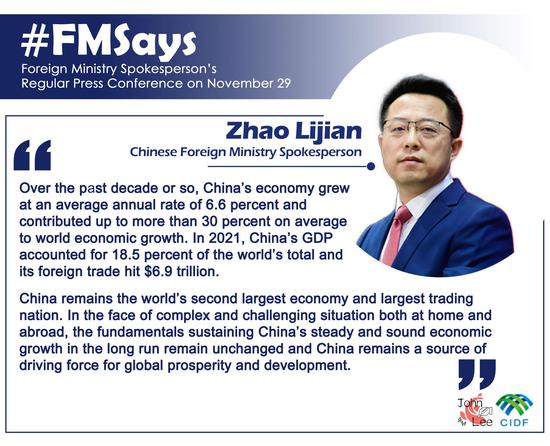




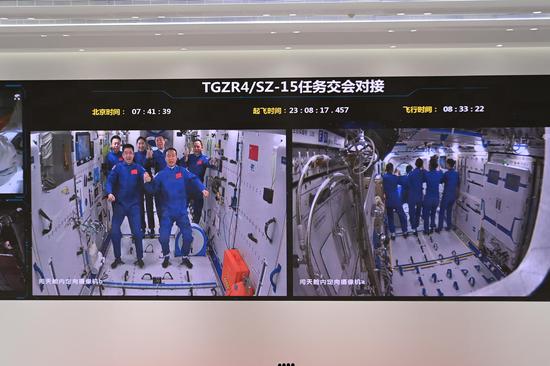








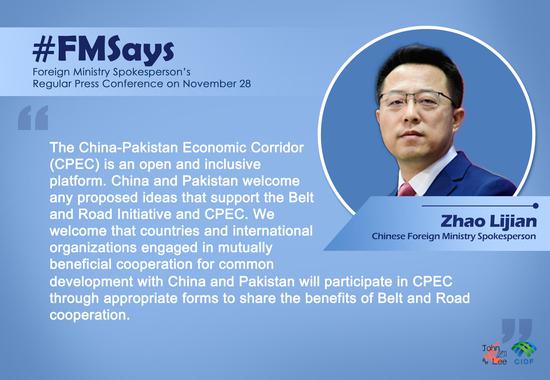

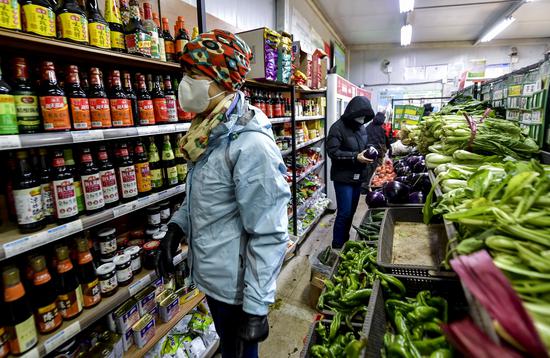

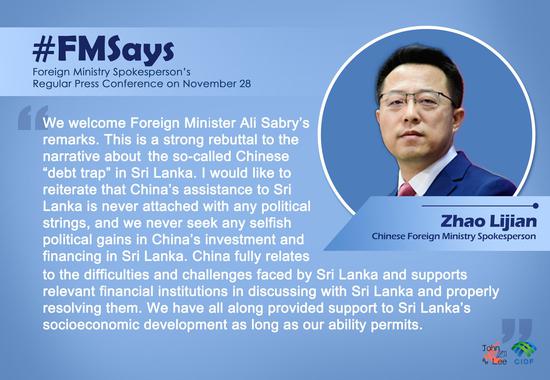
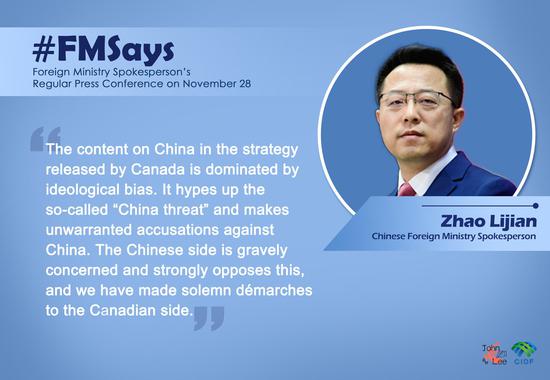
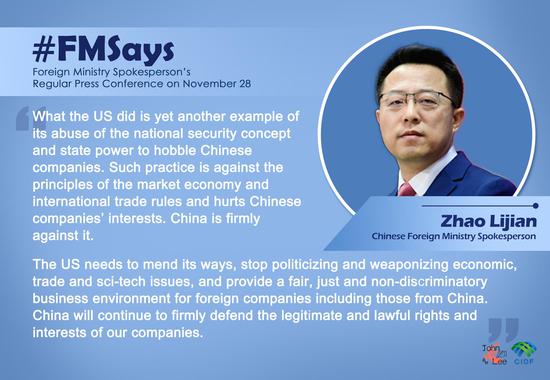
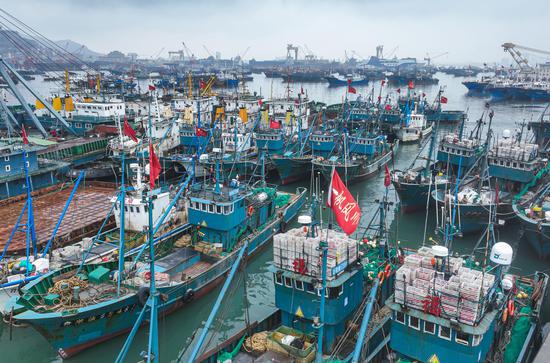







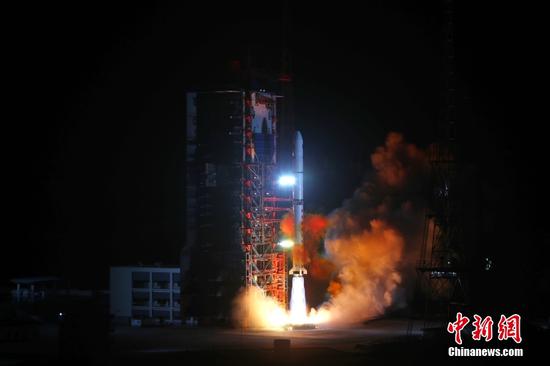




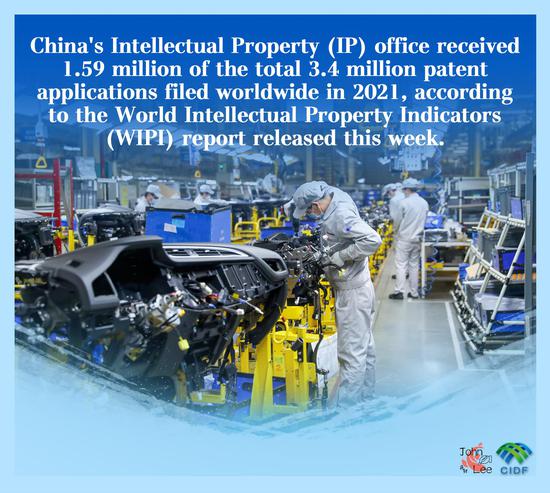
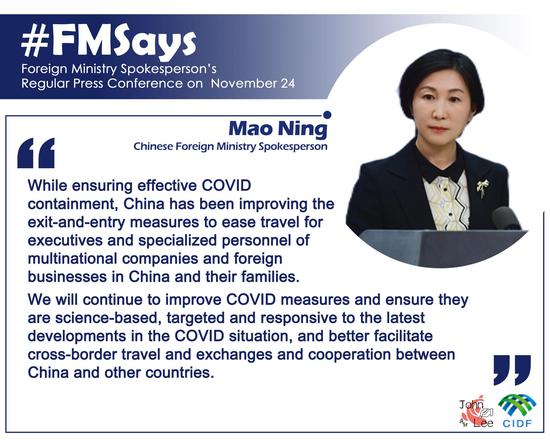
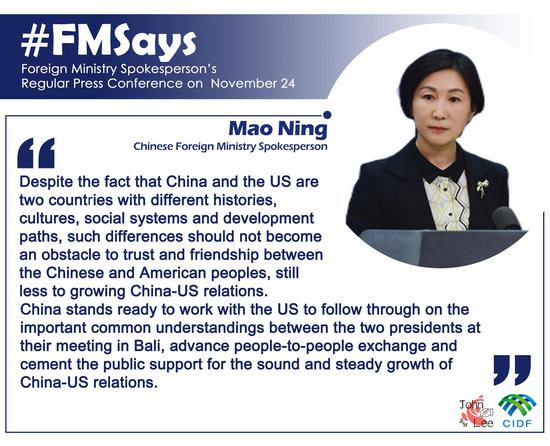





 京公网安备 11010202009201号
京公网安备 11010202009201号